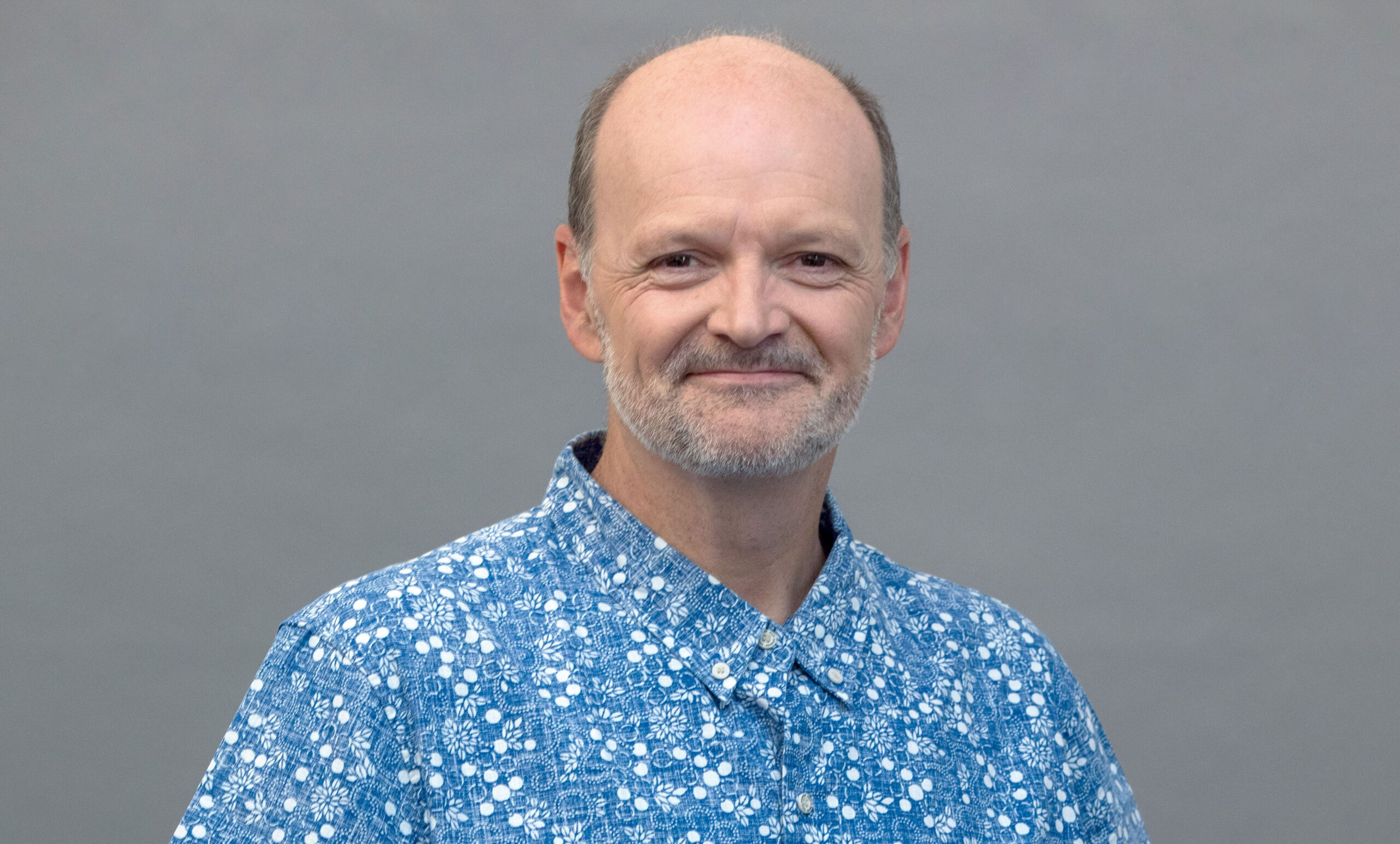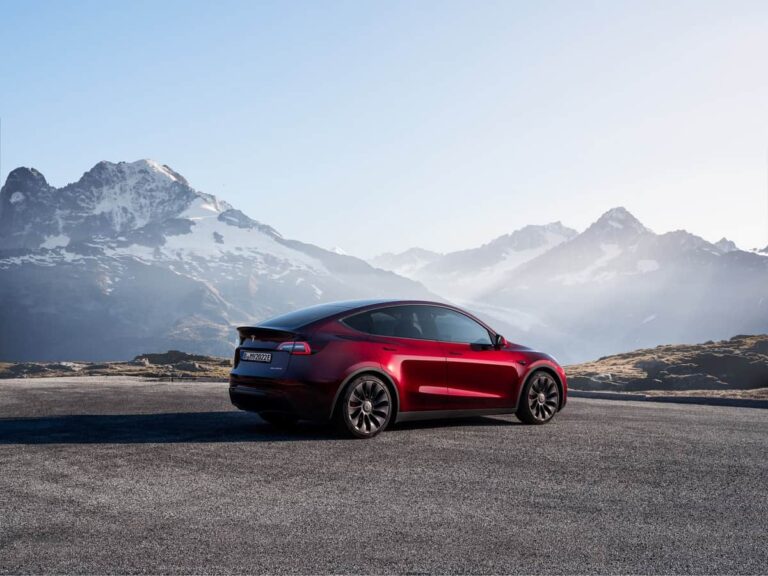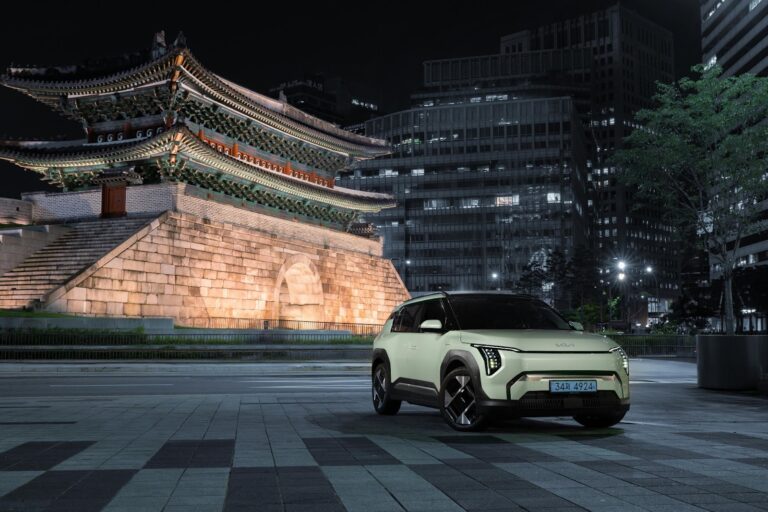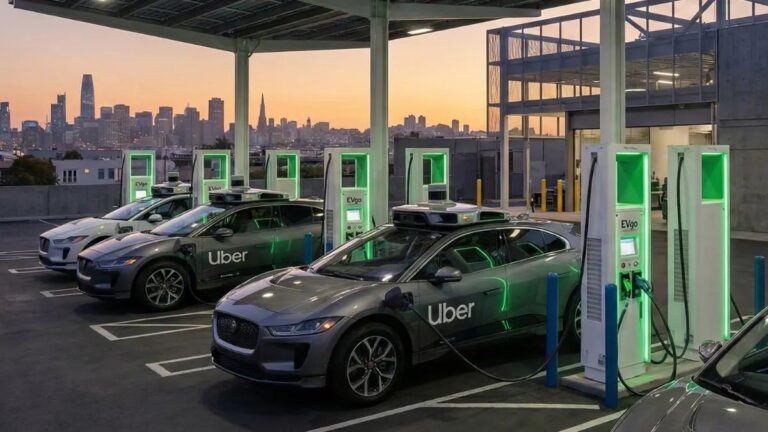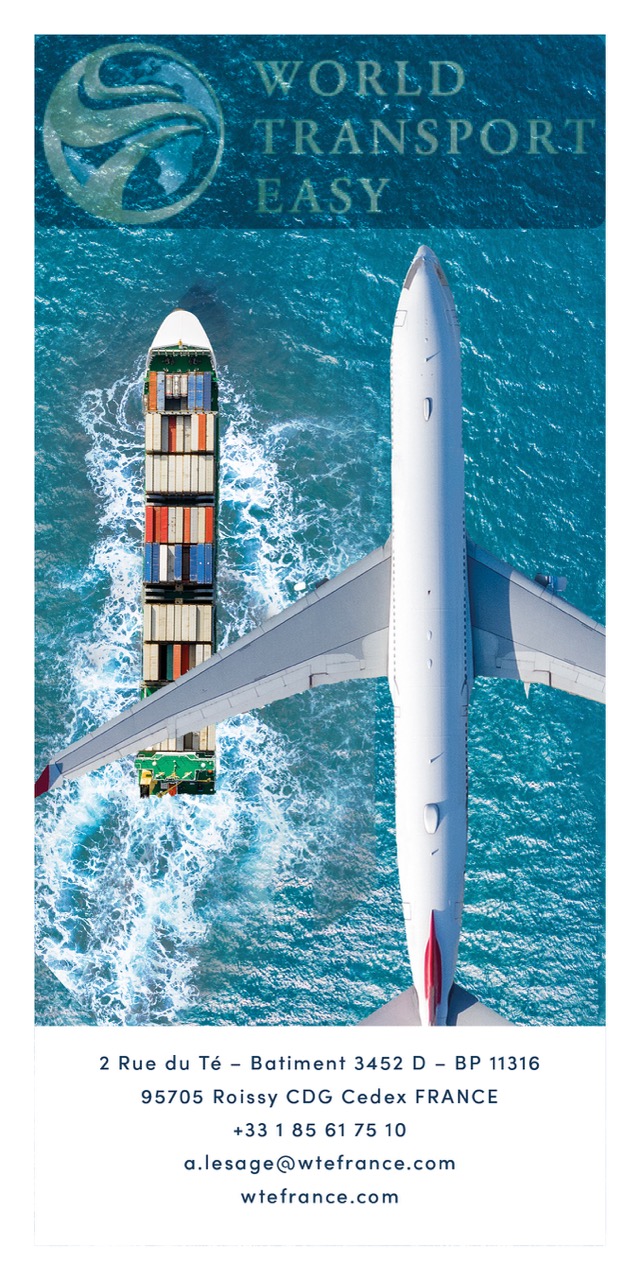Luc Julia, an artificial intelligence (AI) engineer, has been working in this field for over 40 years, 32 of them spent in Silicon Valley.
As Chief Scientific Officer at Renault, Luc Julia is putting his expertise at the service of the company’s digital transformation, integrating AI at all levels of production and in vehicles. In this interview, he shares his vision of AI in the automotive industry, its impact on electromobility, its safety challenges and its prospects for the future.
« Artificial intelligence is a tool, we’re the ones holding the stick ».
How is AI transforming Renault today, both in production and in vehicles?
Luc Julia : At Renault, my role as Chief Scientific Officer is to put AI into practice throughout the company. Obviously, this applies to cars, with clear objectives: to improve safety, reduce accidents and make vehicles more intuitive and more pleasant to use. But beyond cars, we are integrating AI into factories and other areas of the company. This means that teams, whether they are workers or office staff, can work more efficiently using these new technologies.
Is AI a reliable tool for improving cyber security, particularly in the automotive sector?
Luc Julia: Cyber security is a race. AI plays a key role. On the one hand, it helps us to detect and correct errors, but on the other, it can also be used by malicious actors to bypass our defences. The important thing is to understand these tools and not to panic. AI needs to be used with discernment, just as it can be an asset in detecting threats. It’s a race in which you have to be constantly vigilant.
Vehicle autonomy: how do you see the future of autonomous cars?
Luc Julia: I think that total autonomy for vehicles (level 5) will never happen. I don’t think it’s realistic. However, cars are becoming increasingly autonomous in specific contexts. They can see better than we can, brake more effectively, and are capable of performing many tasks better than humans in particular conditions. Nevertheless, human assistance will still be necessary, even in a future where cars are largely autonomous. Partial autonomy is a positive development, particularly in terms of enhancing safety and improving the driving experience.
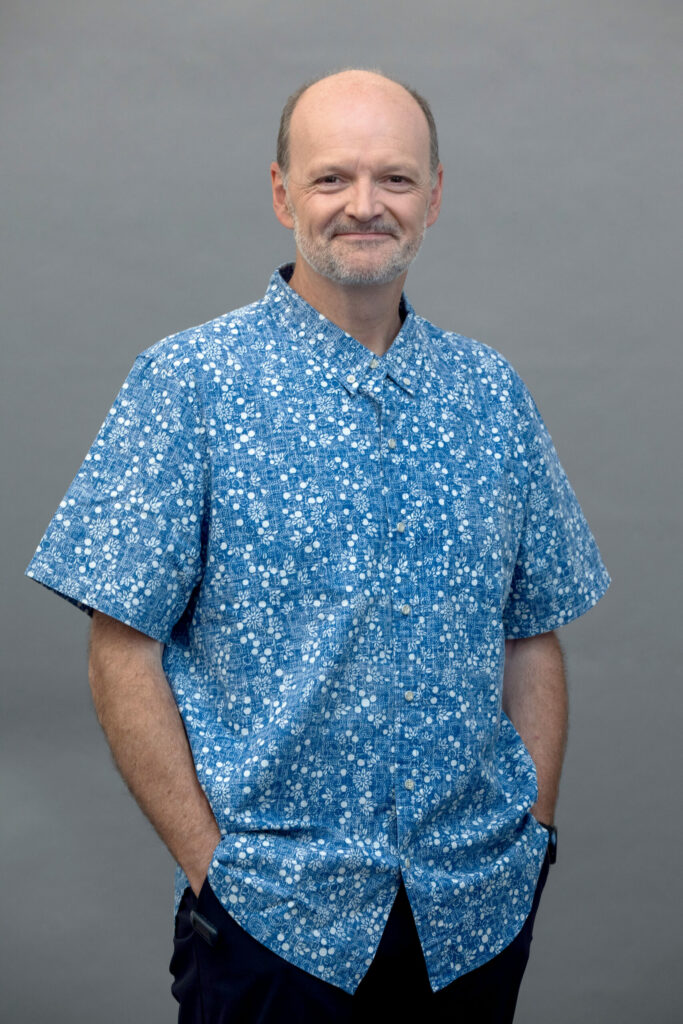
How do you see the automotive industry evolving over the next 5 to 10 years?
Luc Julia: Cars will become safer and safer, and we will be able to enjoy a more comfortable and connected environment. One of the major developments will be the possibility of doing something other than driving, thanks to connectivity and AI technologies. Autonomous cars, even if only partially, will open up new possibilities, and innovative services will be offered on board, transforming the way we interact with our vehicles.
« I don’t support the use of fossil fuels.
Can AI be considered a gadget or is it already a real asset in modern vehicles?
Luc Julia: There are technologies that are absolutely not gadgets. Driving aids, which have been around for over 10 years, have proved that they save lives. Entertainment systems also provide valuable services. They are not gadgets, but essential features that make driving more enjoyable and safer.
What do you think of the idea of harmonising technological innovation with digital restraint in connected cars?
Luc Julia: One of the good things for vehicles is that many technologies are handled locally, directly in the car. This makes them more economical in terms of energy consumption, because not everything goes through the cloud. This is an advantage over systems based on remote servers, which consume a lot of energy. There are also opportunities for cars to generate their own energy, for example via solar panels or through braking, making them even more autonomous and sustainable.
And personally, do you use an electric car?
Luc Julia: Yes, I’ve been driving electric cars for over 10 years in the United States. What I particularly like is the acceleration, which is a real pleasure, even if I’m careful. And then there’s the convenience of not having to go to the petrol pump. The fact that you can recharge your car at home really makes life easier, especially here in the United States where the infrastructure is fairly well developed. I wouldn’t go back to internal combustion for these two reasons, and I don’t support the use of fossil fuels.


